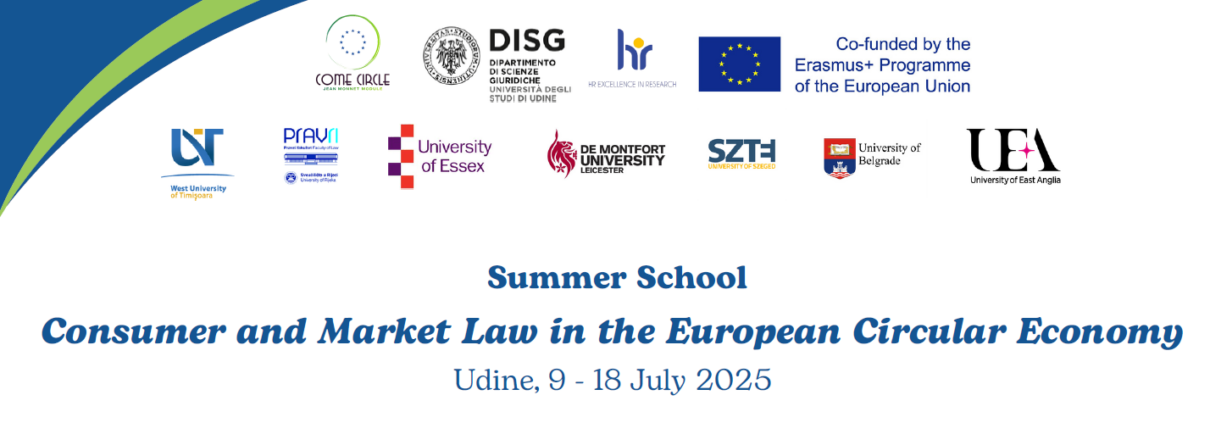Views
Implied Jurisdiction Agreements in International Commercial Contracts
Authors: Abubakri Yekini (Lecturer in Conflict of Laws at the University of Manchester) and Chukwuma Okoli (Assistant Professor in Commercial Conflict of Laws at the University of Birmingham, Senior Research Associate at the University of Johannesburg).
A Introduction
In an increasingly globalised economy, commercial transactions often involve business entities from different countries. These cross-border transactions present complex legal questions, such as the place where potential disputes will be adjudicated. To provide certainty, commercial parties often conclude ex ante agreements on the venue for dispute resolution by selecting the court(s) of a particular state. However, what happens if no such express agreement over venue is reached for resolving a contractual dispute? Could consent to the venue be implicitly inferred from the parties’ conduct or other factors?
A note on “The BBC Nile” in the High Court of Australia – foreign arbitration agreement and choice of law clause and Article 3(8) of the Amended Hague Rules in Australia
By Poomintr Sooksripaisarnkit
Lecturer in Maritime Law, Australian Maritime College, University of Tasmania
Introduction
On 14th February 2024, the High Court of Australia handed down its judgment in Carmichael Rail Network Pty Ltd v BBC Chartering Carriers GmbH & Co KG [2024] HCA 4. The case has ramifications on whether a foreign arbitration clause (in this case, the London arbitration clause) would be null and void under the scheme of the Carriage of Goods by Sea Act 1991 (Cth) which makes effective an amended version of the International Convention on the Unification of Certain Rules of Law relating to Bills of Lading, Brussels, 25 August 1924 (the “Hague Rules”). The argument focused on the potential effect of Article 3(8) of the Amended Hague Rules, which, like the original version, provides:
French Supreme Court ruling in the Lafarge case: the private international law side of transnational criminal litigations

In the Lafarge case (Cass. Crim., 16 janvier 2024, n°22-83.681, available here), the French Cour de cassation (chambre criminelle) recently rendered a ruling on some criminal charges against the French major cement manufacturer for its activities in Syria during the civil war. The decision addresses several key aspects of private international law in transnational criminal lawsuits and labour law.
News
Report of the Oxford Conference on “Characterisation in the Conflict of Laws”

The author of this report is Meltem Ece Oba (Koç University, Istanbul). The post is being published simultaneously on Conflictoflaws.net and on the EAPIL blog.
On 20-21 March 2025, a conference on “Characterisation in the Conflict of Laws” was convened at St Hilda’s College, Oxford. Under the auspices of the Institute of European and Comparative Law in the Law Faculty of the University of Oxford, the conference was jointly organised by Dr Johannes Ungerer (University of Oxford and Notre Dame University in England), Dr Caterina Benini (Catholic University of Sacred Heart, Milan) and PD Dr Felix Berner (University of Tübingen). The conference brought together scholars and practitioners from several jurisdictions around the world.
Summer School ‘Consumer and Market Law in the European Circular Economy’
Registration is now open for the Summer School ‘Consumer and Market Law in the European Circular Economy’ which will be held from 9 to 18 July 2025: 9-11 July online and 14-18 July in presence at the University of Udine, Italy.
The Summer School is organised by the University of Udine, in cooperation with a consortium of European universities, including University of Essex, De Montfort University of Leicester, University of West Timisoara, East Anglia University, University of Rijeka, University of Belgrade and University of Szeged, within the framework of the Jean Monnet Module CoME CircLE.
The 2025 Summer School will consist of 40 hours of lectures, a workshop and a moot court. Attendees will be offered a comprehensive training on the legal discipline of consumer protection and market regulation in the EU Law, with a particular reference to circular economy, taking into account the following relevant topics: Consumer protection and empowerment issues; Private international law issues; Dispute resolution and redress issues; and Market regulation.
Eligible are undergraduate students, graduatestudents and PhD students, studing Law, Economics, Political Science or International Relations. Application deadline is 31 May 2025, 12.00 pm GMT. Those who are interested in applying, need to fill in the application form and submit it to ip.europeanlaw.uniud@gmail.com.
For details see the programme and the call for application.
HCCH Monthly Update: March 2025
HCCH Monthly Update: March 2025
Membership
On 5 March 2025, Rwanda deposited its instrument of acceptance of the Statute, becoming the 92nd Member of the HCCH. On the same day, Guatemala applied to become a Member of the HCCH. More information is available here.



